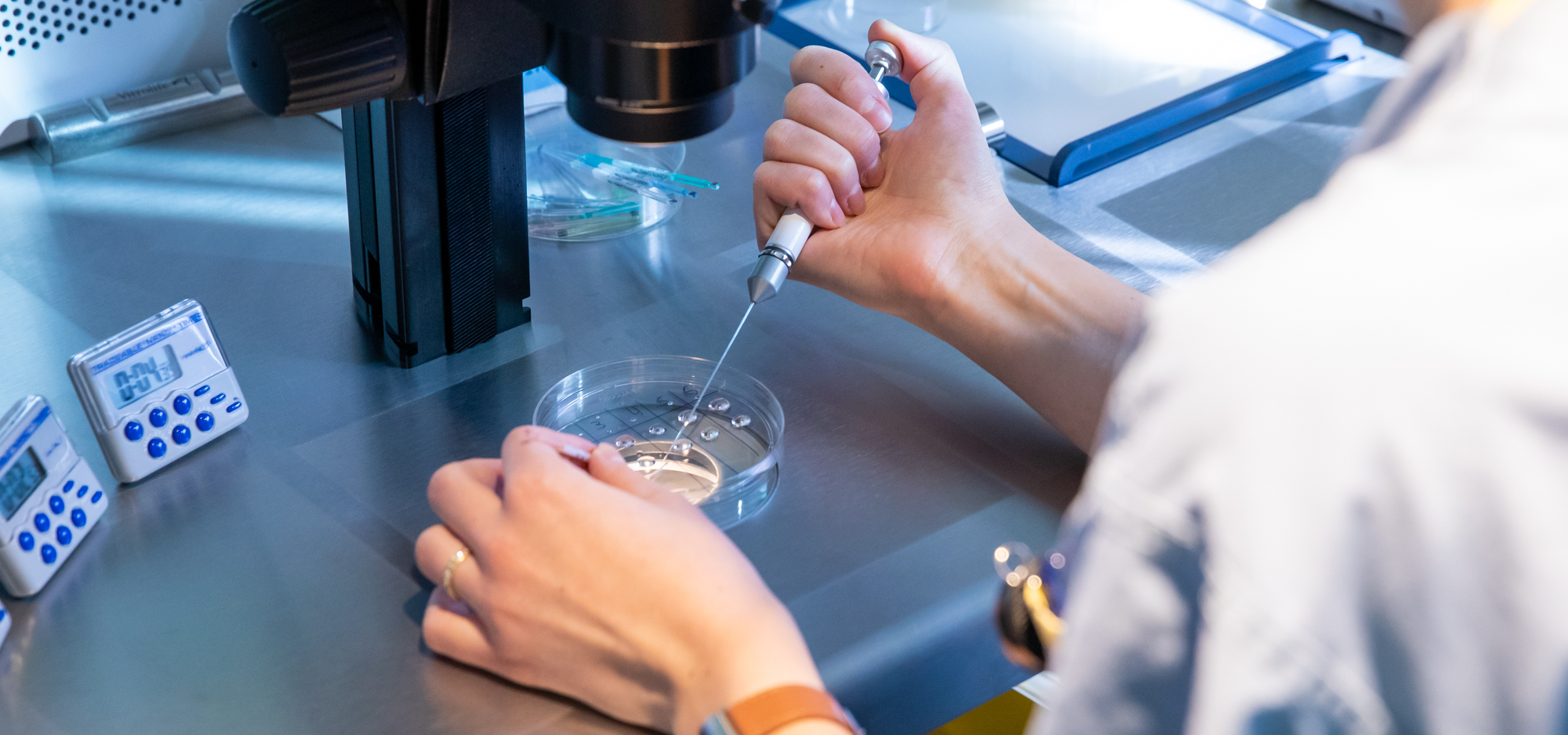
Navigating the Fertility Journey: Dispelling Myths and Strengthening Support with Mount Sinai Fertility
Starting a fertility journey can highlight the many misconceptions, lifestyle impacts, and the need for strong emotional support. Mount Sinai Fertility’s experts are here to guide you through these complexities with clear, compassionate advice, helping dispel myths and illuminate the path to parenthood with informed supportive care.
What are the most common misconceptions about fertility that you encounter as a fertility physician, and how do you address them?
Dr. Akanksha Kulshreshtha, Fellow, Mount Sinai Fertility:
Fertility can be a complex topic, surrounded by various myths and misunderstandings. It’s important to shed light on these misconceptions to provide clear, supportive information. Here are some common fertility myths we often hear, along with the facts:
- Myth: Infertility is primarily a woman’s issue.
Fact: Fertility is a shared journey between partners. Both men and women play vital roles in conception, and challenges can arise with either party.
- Myth: Contraceptives like birth control pills cause infertility.
Fact: Birth control does not harm one’s long-term fertility. Typically, menstrual cycles return to normal 1-2 months after stopping the pill.
- Myth: Only female fertility declines with age, not male fertility.
Fact: Age affects both male and female fertility. As men age, there may be a decrease in sperm count and quality.
- Myth: Women cannot become pregnant after age 35.
Fact: Many women have healthy pregnancies after 35. While fertility may decline with age, successful pregnancy is still a very real possibility.
Can you explain how lifestyle factors, such as diet, exercise, and stress, impact fertility?
Dr. Shirin Dason, Fellow, Mount Sinai Fertility:
Fertility is a part of your health and can be complex. Diet, exercise, sleep and stress can all impact aspects of fertility. The best goals to keep in mind to improve your fertility are the same goals to keep in mind to stay healthy overall. Diets that focus on balanced protein, carbohydrates and healthy fats and are low in processed foods are helpful for your health and your fertility. Regular exercise and regular sleep are also helpful. Limiting smoking, alcohol, and cannabis will be helpful as they all have different effects on fertility and an early pregnancy. Finally, the fertility journey can be stressful and finding healthy coping mechanisms that work for you (i.e. exercise, social gatherings, hobbies) will help you lower your overall stress levels; stress has been known to impact health in different ways but it is not a specific factor that can be easily addressed to improve fertility overall.
Can you discuss the emotional and psychological support available for people undergoing fertility treatments?
Jodi Goldstein, Social Worker, Mount Sinai Fertility:
The fertility journey can be a challenging one. The ups and downs of the process is often referred to as a ‘roller coaster’ one does not wish to be on. Addressing the emotional journey of fertility treatment is critical for comprehensive care.
MSF offers professional therapeutic services to all of their patients. When pursuing the various fertility treatment available at MSF, patients are often surprised to experience a multitude of feelings. They might be hopeful and excited at one point only to experience surprise and heartbreak at the other end. They might be unable to think of anything else but the all-consuming nature of their fertility, which can be stressful. Even for those who begin fertility processes without any fertility issues, when issues arise or when the processes are more overwhelming than expected, it can be shocking and discouraging. For all of these issues and others, our social work services are readily available. MSF has an in-house social worker who has been with the clinic for over ten years. Our social worker offers a free one-hour session for emotional support to all of our active patients. Additional sessions are also provided at a significantly reduced rate when compared to what outside counsellor’s charge.
For those pursuing third-party processes, such as egg/sperm donation, gestational carriage, or embryo donation, there are other complex matters to consider. The intricacies of these processes can be overwhelming, challenging, and difficult to figure out. MSF provides implications counselling sessions to these patients so that they feel well informed of their journey. The past, present, and future is explored and recommendations are made to help ensure that patients feel comfortable and have their questions answered prior to moving forward.
MSF ensures that social work is available to all of their patients so that they obtain comprehensive support throughout their fertility processes. This support helps patients to more effectively manage any challenges they might face and brings light into what might otherwise be a daunting journey.
The path to parenthood, though challenging, is navigated with greater confidence and hope through the insights and support from Mount Sinai Fertility. We’ve touched on the essentials—busting myths, highlighting the role of lifestyle, and emphasizing emotional well-being. For a deeper dive into how we can assist you on your path to parenthood, visit the Mount Sinai Fertility website today.

